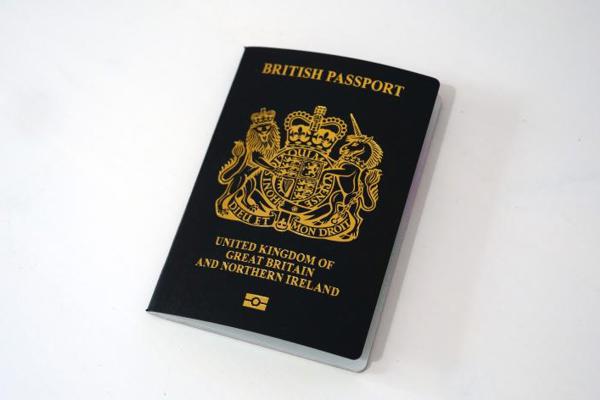
The Home Office have issued new guidance on checking the Right to Work, and the position is as follows:
- Any EU national who was living in the UK at the end of 2020 is still entitled to work in the UK.
- Those individuals will be able to register with the Home Office for either Pre-Settled Status (if they have less than 5 years residence) or Settled Status (if they have lived here for 5 years). However the deadline for registration is 30 June 2021, so it will not be uncommon to find a job applicant who has not registered yet.
- As a result of this grace period, the Home Office guidance is that employers should continue to accept EU passports and Identity cards as evidence that a job applicant has the right to work in the UK.
- From 1 July 2021 onwards, any EU nationals applying for jobs in the UK will need to be able to demonstrate their right to work, in much the same way as a non EU national does now. However, there will be a slight difference as non EU nationals will usually provide a hard copy biometric card whereas EU nationals will, in most cases, hold a digital status which needs to be checked online.
- The current Home Office position is that there will be no need for retrospective checks from 1 July 2021 but we expect updated guidance to be issued before then.
During this period, employers will need to be careful to avoid asking questions of job applicants that could give rise to complaints of discrimination and should not ask existing staff for evidence that they have registered with the Home Office. However, if an existing employee does not register with the Home Office by the deadline of 30 June 2021, they will become an illegal worker and there is a risk the business will lose them at a crucial time. To minimise this risk, I recommend that employers take steps to make sure all EU national employees are aware of the need to register with the Home Office and point them in the direction of the various resources available to help with this process.
Employers should also be considering whether they will need a Sponsor Licence to support future recruitment. Due to the new immigration rules if a business intends to recruit someone from outside the UK or Ireland they will need a Licence from the Home Office to do so. Not all jobs will be suitable for sponsorship, and each type of job has its own minimum salary requirements, so employers will need to consider whether they can meet these requirement before applying for a Licence.
If you are interested in applying for a Sponsor Licence, or want to review your Right to Work processes in light of the new guidance, we can provide support including training staff or assisting with applications.


